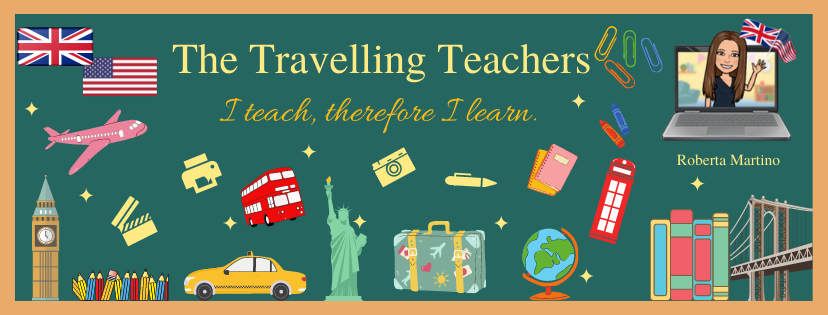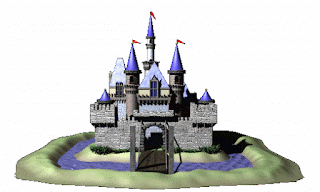People use the phrase “Middle Ages” to describe Europe between the fall of Rome in 476 AD and the beginning of the Reinassance in the 14th century. Many scholars call this era the “medieval period” instead. “Middle Ages, they say, incorrectly implies that the period is an insignificant blip sandwiched between two much more important epochs.
The phrase “Middle Ages” tells us more about the Renaissance that followed it than it does about the era itself. Starting around the 14th century, European thinkers, writers and artists began to look back and celebrate the art and culture of ancient Greece and Rome. Accordingly, they dismissed the period after the fall of Rome as a “Middle” or even “Dark” age in which no scientific accomplishments had been made, no great art produced, no great leaders born. This way of thinking about the era in the “middle” of the fall of Rome and the rise of the Renaissance prevailed until relatively recently. However, today’s scholars note that the era was as complex and vibrant as any other.
(History.com)
During the Middle Ages many castles were built in Europe and in the Middle East. A medieval castle was the fortified home of an important person, a lord or king. They ranged from simple wooden enclosures to vast stone palaces. From the castle the lord could control his land and keep his family and treasure safe from rivals while he was at war.
Now surf the following interactive map I made by Cacoo and Thinglink. Move your cursor over the image and some links will appear. Click on the image to enlarge.
















.jpg)

.jpg)



.jpg)


.jpg)











.jpg)













.jpg)